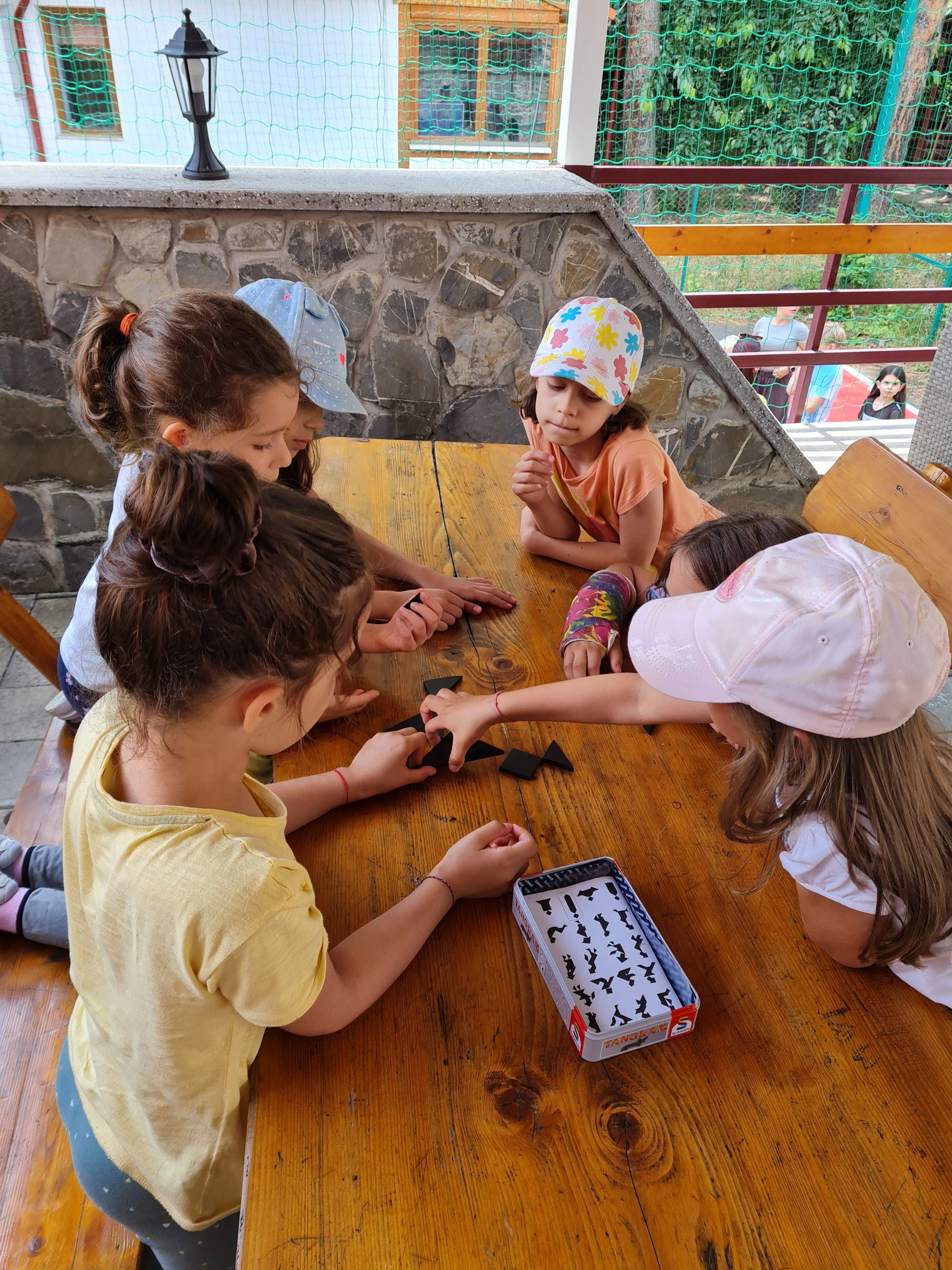
Lesson number one for a dynamic future: problem solving skills
For an increasingly changing future that comes prepared with new opportunities, but also with many challenges, it is important that, from an early age, the little ones constantly form and train their problem-solving skills.
Each person has their own development path, and problem-solving skills are formed, as appropriate, at different rates. However, it is valuable for children to learn to approach problems with a dose of courage and creativity, to experience failure and understand its role in their development, to calmly handle challenging situations and to communicate effectively with those around them. Problem-solving is one of the most important skills children can develop, and problem-solving learning contexts prepare them for a range of increasingly complex academic, professional, and interpersonal situations as they age. what matures.
Experts agree that the ability to face challenges with confidence is an essential skill for preparing for the future, and the adults present in children's lives play a critical role. In many cases, children learn by watching and imitating the reactions of their parents, teachers, coaches, or other adults in their lives when faced with a situation. By viewing problems as opportunities to grow, children expand their understanding and, at the same time, develop self-confidence. In addition, problem solving plays an important role in children's cognitive development, encouraging creativity and allowing children to look at situations from different perspectives.
Problem-solving skills improve academic performance and build self-confidence.
One of the reasons why problem solving is important in children's development is because it trains their discernment, helping little ones understand cause-and-effect relationships and training them for reflective and critical thinking.
When children tackle problems on their own or in groups, they become more resilient and confident. They learn to look at challenges from a new perspective, take more calculated risks and tend to value lifelong learning, being more curious, motivated and innovative.
In a constantly changing world, we are faced with various challenges every day that demand our attention, creativity and initiative. For a child, problem solving, which involves a process of analyzing and generating solutions, is an important life skill that they will need to develop in order to be able to make healthy decisions for themselves. If a child can solve problems on their own, they will be happier, more confident and more independent; will not feel frustrated or discouraged and will see obstacles as learning opportunities and approach them with a flexible mindset.
Rather than being viewed negatively, problems help build character, resilience and perseverance. They give us opportunities to see things differently and do things in a new way, training critical thinking.
Children face various challenges every day and it is valuable to have the opportunity to try to solve them on their own. Parents, teachers or caregivers can watch how the little ones analyze and approach the situation and support them in making decisions. Problem solving can also help children adapt better in a variety of contexts.
Problem-solving skills not only involve finding a solution, but also involve thinking through possibilities, reasoning through potential plans or paths, and using logic to approach complex problems or questions.
Facing challenges with a confident attitude can help children feel better about themselves and have higher self-esteem. This superpower is constantly being trained and we at KEN support small entrepreneurs to trust themselves and make balanced choices that are right for them.
*Article written by Veronica Dunga, KEN Academy trainer.
Tag:SOLVING, problems, ken academy
